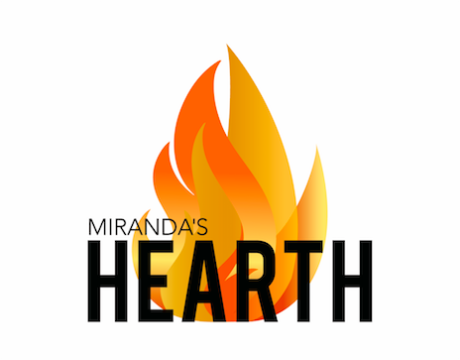Why can’t we talk about guns?
Like most Americans, I have very clear opinions about guns. I feel personally dedicated to my opinion and, more often than I’d like to admit, I become morally offended by people who disagree with me. ‘How can they think such a thing?’ I exclaim whenever I find myself falling down the rabbit-hole of internet comments ‘They must be monsters!’
I was thirteen when a single man killed 32 people and wounded 17 others at Virginia Tech. My older sister was going to school 115 miles away and I was terrified, my teenage mind convinced that someone who could kill that many people could easily travel that distance to endanger my sister.
I was nineteen when another man walked into Sandy Hook Elementary School and killed twenty children and six adults a mere 40 miles from where I had gone to elementary school, 23 miles from where my younger sister was currently attending.
As the horrors of mass shootings in places of community morph from tragic irregularities into regular occurrences that we are somehow culturally resigned to, like many of us I have become acutely aware that nothing more than luck has kept this tragedy from coming closer than 23 miles. As I watch the horrifyingly predictable news-cycle that trails in the wake of each tragedy, I find myself plagued by two questions:
- Why is this happening?
- And then, just as insistently, why can’t we talk about it?
I firmly believe that most people are trying to be the best person they know how to be. I am also acutely aware of the extent of my own ignorance. I’m a young, female, urban New Englander. I know very little about gun policy, even less about guns themselves. But I do not want my younger sister to be afraid to go to school. I do not want to be afraid to go to a concert, a movie theater, or a community gathering. And I believe that in order to shake ourselves free from this narrative of violence, we must be able to talk about it.
As we once again started the process of communal grief and horror, members of the Hearth Community began to share this incredibly thoughtful piece by social scientist Brene Brown: “Gun Reform: Speaking Truth to Bullshit, Practicing Civility, and Effecting Change.” In it, she says:
“The ability to think past either/or situations is the foundation of critical thinking, but still, it requires courage. Getting curious and asking questions happens outside our ideological bunkers. It feels easier and safer to pick a side. The argument is set up in a way that there’s only one real option.”
Tonight, at the Hearth Community Night, a group of us will be discussing this article. It will be a respectful, thoughtful, and challenging dialogue, as our discussions have been many times in the past. A single conversation cannot solve this epidemic of unnecessary violence, but it can help us practice how we can communicate and the courage it takes to do so.
For those of you who are looking for our regular community night, we look forward to seeing you and enjoying your company! For those of you who are looking for a way to begin to process and talk about these recurring tragedies, we encourage you to read Brene Brown’s article and to come with an open mind and a strong heart.
With all the warmth of the Hearth,
Miranda
-
GenIPTV Provider
-
Lucia Kaiser
-
우리카지노도메인
-
자세히 보기
-
Cathryn Ewing
-
Lino Mcpherson
